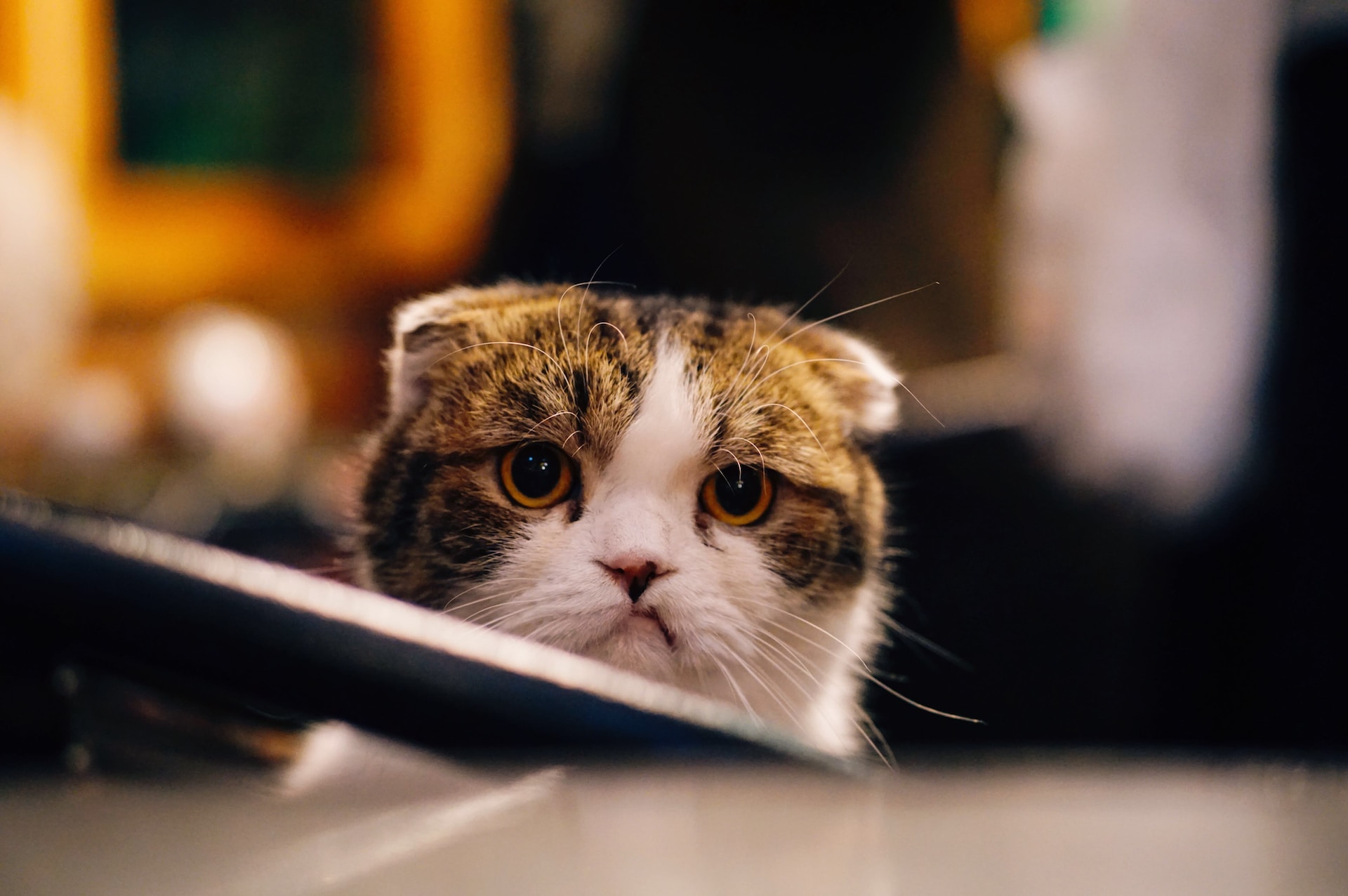
01 Dec Everything You Should Know About Cat Mouth Sores
Cat oral ulcers, commonly referred to as mouth sores, can be a persistent source of discomfort. Mouth sores can indicate underlying health concerns, such as periodontal disease or abscesses. Potential causes of mouth sores in cats may be due to underlying viral causes, an aberrant immune response, toxicity, trauma, or cancer. Treatment of mouth sores in cats will be dependent on the underlying cause of the lesions.
Why Causes Mouth Sores in Cats?
1. Viral causes
Feline respiratory viruses, including calicivirus and herpesvirus, may be a triggering cause of mouth sores in cats.
- Calicivirus—This particular virus is a common respiratory virus that tends to afflict young felines. It most often causes upper respiratory signs like sneezing and nasal congestion, as well as fever, and ulcers affecting the tongue. Cats with calicivirus are often reluctant to eat due to the tongue sores. Treatment is primarily supportive care and should include pain medications.
- Herpesvirus—Feline herpesvirus (FHV-1) can cause oral ulcers, upper respiratory signs, and even corneal (eye) ulcers in cats. Most cats will be exposed to herpes virus during their life. Treatment is primarily supportive of the clinical signs. Occasionally, anti-viral medication may be prescribed.
2. Aberrant Immune Response
- Allergies—Allergic disease may precipitate the development of eosinophilic ulcers in cats. These are primarily found on the lips and referred to as ‘rodent ulcers.’ The lips may have one or multiple sores, which resemble ‘cold sores’ seen in people. Eosinophilic lesions can also be present, affecting the hard palate, and may cause anemia due to the ulcer’s location near the palatine arteries, which are located on the hard palate. Large masses may even appear on the top region of the tongue and create difficulty with eating. Treatment aims at eliminating the underlying triggering cause. Allergy testing and a dietary food trial are commonly recommended.
- Gingivostomatitis—This condition is occasionally seen in felines, and its frequency and pathology may be regional. In gingivostomatitis, there is an overzealous immune response to plaque and tartar accumulation on the teeth, leading to oral ulcers. Gingivostomatitis is the most common oral ulcerative disease seen in felines, and it is considered quite painful. This condition may be precipitated by juvenile eruption gingivitis which is seen between the ages of 7 mos and two years of age. Gingivostomatitis may also be exacerbated by viruses that affect felines. It also tends to affect younger to middle-aged cats. Gingivostomatitis treatment often involves extraction therapy and, in many cases, full-mouth extraction therapy. Tooth resorption may also be concurrently present. Immunosuppressive treatments in the form of steroids and cyclosporine have been prescribed in the past with varying success rates. Pain management is imperative. Extraction therapy early in the course of the disease often provides the fastest path to resolution. Immunomodulating treatments, with varying success rates, have been primarily experimental but will hopefully be commercially available in the future. Evaluation for concurrent esophagitis and IBD should be considered, as well as testing for feline leukemia (FeLV) and Feline Infectious Virus (FIV).
3. Toxicity
Ingesting toxic substances or plants can cause mouth sores. Treatment is primarily supportive.
4. Injury or Trauma
Cats, particularly kittens, may injure their mouth by chewing on something sharp, engaging in rough play, or getting into altercations with other animals. Treatment is supportive and will likely involve antibiotic therapy and pain management medications.
5. Cancer
Oral cancer may be an underlying cause of mouth sores in cats. The most common oral cancer seen in cats is squamous cell carcinoma. Lesions affecting the tongue, oral mucosa, or gingiva may be a manifestation of this type of cancer. Squamous cell carcinoma may mimic periodontal disease. A biopsy is needed for diagnosis. Treatment may involve surgical removal and radiation therapy. The prognosis for squamous cell carcinoma is generally poor. Oral cancer is seen more commonly in older felines than younger felines.
Cat Dentist in Colorado Springs
If you notice mouth sores or ulcers in your cat, an exam with a veterinarian is the best first step. Based on the exam findings, additional diagnostics or treatment options can be recommended. Maintaining your cat’s oral hygiene is a crucial component of preventing and treating mouth sores. If you have any concerns regarding your cat’s mouth, please don’t hesitate to call us at Animal Dental Care and Oral Surgery to schedule an appointment.
Images used under creative commons license – commercial use (12/1/2023). Photo by 傅甬 华 on Unsplash

